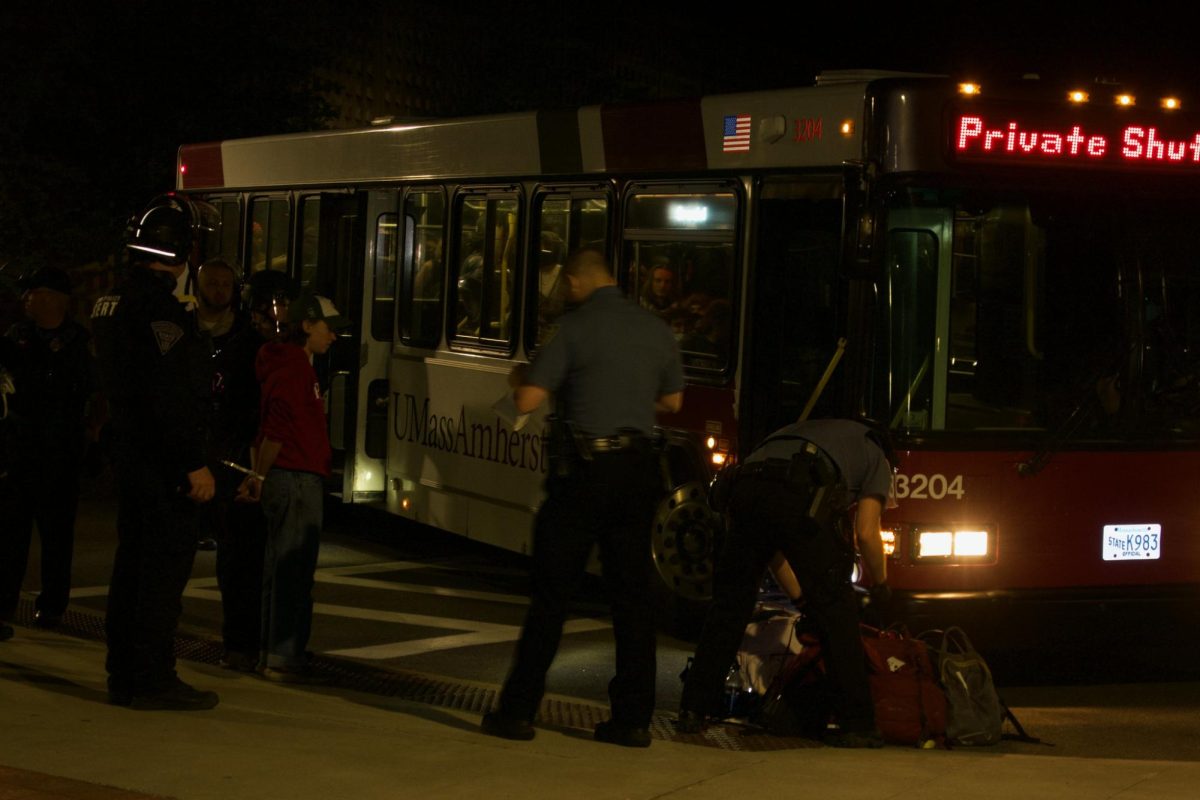In late February, the Ghanian parliament passed a bill that criminalizes LGBTQ+ identification. The bill also carries similar punishments for advocates of LGBTQ+ rights, along with increased jail sentences for adults who engage in consensual gay sex.
These extreme punishments are a big legal shift for Ghana. While there have been such laws in the past, they were often overlooked. For example, a law was passed in 1960 during British colonial rule that outlawed gay sex, but it was rarely enforced. LGBTQ+ Ghanaians still dealt with discrimination and abuse, but had yet to fear legal repercussions because of their sexuality.
The story is different now. In 2021, a victim was beaten by a group of men after revealing his feelings for the brother of one of the men involved in the assault. A video of this attack spread online, and the victim’s father kicked him out of their home.
But at the time of the attack, the social abuse and violence the man faced were the most he had to fear. Now, the same man could be thrown in jail for his sexual orientation. This shift began, in part, because of the World Congress of Families (WCF), an American hate group that spreads intolerance across the globe to protect traditional Christian family values.
The WCF has been stoking the flames of homophobia in Africa for years. At a conference held in Nigeria in 2009, the group’s communications director, Don Feder, reinforced the idea that anti-LGBTQ+ legislation was best for Africa, and said, “Everything the west asks you to do, do the opposite.” As of 2024, several Nigerian counties consider homosexuality a capital offence.
The group’s influence in Africa remains. In 2019, the WCF held a conference on the importance of the “natural family” in Accra, Ghana’s capital. Many religious organizations were in attendance and so were members of Ghana’s parliament. Following the event, lawmakers began pushing for a bill to restrict LGBTQ+ rights. Four years later, the bill has passed unanimously in Parliament and is awaiting approval from the president.
It’s easy for me to be critical of Ghana from the progressive bubble of Massachusetts. This state was the first to legalize same-sex marriage, and our little slice of Massachusetts houses numerous forward-thinking colleges and universities, as well as the lesbian capital of the nation, Northampton. It shouldn’t be surprising to anyone that Ghana, a deeply religious nation, isn’t as quick to be socially accepting as Massachusetts. The society I live in and the Ghanaian society are very different, and that’s important to recognize.
But I can’t get over the backslide of legislation. While Ghana was already a few decades behind the U.S. in terms of LGBTQ+ acceptance, they’ve completely reset the social standard. In the eyes of the law, gay people are now criminals, and so are advocates of LGBTQ+ rights. The bill removes tolerance towards a marginalized group and gives it to their detractors and abusers, who are now encouraged to discriminate even more.
The members of parliament who approved this are morally culpable for any further abuse towards queer people in their country. But so are the American extremists of the WCF who fly to Accra, stay in nice hotels, peddle hatred and return to their comfortable lives in the states. People will lose jobs, families, freedom and safety because of this, and the WCF doesn’t have to witness or experience any of it.
It’s both shameful and telling that an American group helped push this bill. I’m embarrassed that people from my country are the cause of so much pain that will be inflicted. But I’m also concerned that such hatred is still emerging from the U.S., nine years after the Supreme Court legalized same-sex marriage nationwide. In my own liberal New Jersey hometown, a rainbow crosswalk was splattered with paint and a business displaying a pride flag had its window smashed in with a brick. While worrying about bigotry elsewhere is important, we can’t lose sight of our own problems either.
In Ghana though, hatred is being intensified, at least for the time being.
But elsewhere, improvements offer hope. Back in 2019, a few months before the WCF made their hate-pilgrimage to Accra, Botswana’s high court ruled that laws criminalizing same-sex relationships were unconstitutional. The following year, Angola legalized same-sex relationships and banned all discrimination on the basis of sexual orientation. While most African countries still outlaw homosexuality, that majority is slowly shrinking. The good work on the continent must continue.
With legislation this restrictive, we must wonder what else parliament could propose to restrict the lives of its citizens. Politicians don’t like giving up power over the people, and the more they get, the more they want. For Ghanaians who support this bill, they must turn inward and realize what their support means for the future. Will they be so willing to support a bill that threatens their own freedoms?
Owen Ray can be reached at [email protected]


















